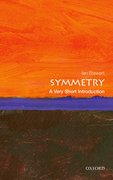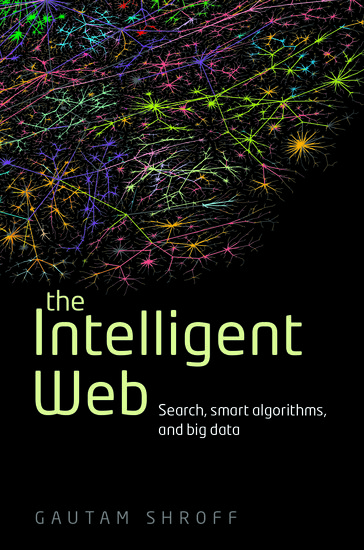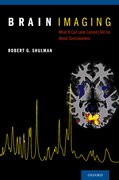Symmetry is transformation
By Ian Stewart
Symmetry has been recognised in art for millennia as a form of visual harmony and balance, but it has now become one of the great unifying principles of mathematics. A precise mathematical concept of symmetry emerged in the nineteenth century, as an unexpected side-effect of research into algebraic equations. Since then it has developed into a huge area of mathematics, with applications throughout the sciences.














